You can judge a society based on how it treats its most vulnerable. Seniors are living through a “Silent Crisis” – left isolated from human contact in their aging years.
For caregivers dedicating their lives to loved ones, the 24/7 experience can drain the body and soul. The resources to support these families are lacking, resulting in their own shortcomings with care from exhaustion.
But not everyone requires that level of care, while facing the same isolation. This is the crossroads Andrew Parker, Founder and CEO of Papa, found himself at when looking to improve his grandfather's quality of life.
There are a bunch of sad old people that need help. Aging wasn’t always looked at as valuable. Special potion to thrive during covid because of tech. Now investors care about telehealth and aging tech.
“I don't want to say that Covid was the reason we grew,” Parker said during an interview with Katie Jenning of Forbes. “I just think that anyone that didn't believe in loneliness, or isolation definitely does now because all of us have experienced it.”
The VC world is starting to see the value in this tech, especially as it relates to working with health plans, systems, and employers. As he puts it: “ The aging space is becoming sexy.”
Early Life
Parker was raised in the blistering heat of South Florida. For him, it was never a question that entrepreneurship was his future – even from a young age.
Scrappier than your average high school, Parker was steadfast in his youthful pursuits, whether that was saving pennies to buy new sneakers or using odd jobs to fund a road trip in between destinations. While this was a telling side of his entrepreneurial nature, business really was a family affair.
His father, Randy Parker, was an inspiration and mentor. His dad was founder and CEO of his own telemedicine startup, MDLive. Working alongside his father further fueled Parker’s drive to become a successful entrepreneur. Like father, like son.
Parker and his family were close and saw the intrinsic value in caring and supporting each other, especially when it came to their grandfather, or more appropriately, papa.
As with many readjusting to an aging family, the Parker support system was strong. But in the same breath, as with other caregivers, there weren’t enough hours in the day to help Papa live his best life. Work, kids, school, and life forcing them to find gaps to drop in.
Parker’s grandfather was elderly but still independent, but what he really needed was a friend.
“My family experienced this firsthand when we couldn’t always be there for my grandfather to provide the support and assistance he needed as he aged,” Parker explained on the Papa site. “His needs weren’t clinical, but we knew without social connection and support, he’d be at risk for a variety of health concerns.
Recognizing that his grandfather needed more time than he could provide, Parker created a Facebook post seeking friends available to hang out with Papa for $20 an hour. They heard back from Andrea who was a college student and aspiring physician who agreed to stop by for check-ins and visits, often helping around the house.
“He loved his pal,” Parker told Charlotte Foer of American Healthcare Leader in an interview. “She was a girl named Andrea. She had come from Venezuela, and Papa came from Argentina, except sixty years before her. But they could relate that way. She didn’t come in a nursing outfit—she was wearing a T-shirt and jeans—and they became like best buddies.”
“His entire outlook—and ours—shifted.”
Papa Beta
Parker this was the solution: companionship first. This idea blossomed into Papa, a human care network supporting older adults and underserved populations, matching individuals with buddies — or “Papa Pals.
He believes in leading through firsthand experience, which is the best way to inform change – with him and his team volunteering as Pals to this day. “In fact, “be a pal” is a core tenet of our culture as one of our company values. This work is not only important, but deeply personal to all of us.”
To everyone’s immense pleasure, Papa’s outlook and happiness greatly improved. He had figured out a cheap, effective, and feel good solution to his Papa’s loneliness.
In a senior care world that is broken down where basic support and care is financially out of reach. Parker felt he was on to something.
He knew that to bring the right companion care there also needed to be a focus on promoting independence, reduce inequities, curing loneliness, and lower costs with increased satisfaction in daily life.
Parker’s time at MDLive equipped him with a background in telehealth in how to leverage technology in senior care. So, he created a prototype and found some guinea pigs.
“Everyone had the same reaction—they really loved it,” he went on to tell Parker tell American Healthcare Leader. “I remember reading an article that said it’s more important to have, say, a hundred people who really love what you’re building than to have millions of people who download your product and never use it. I didn’t have one hundred, but I had ten, and that was good enough for me.”
With the phenomenal feedback, Parker knew it was time to commit and leave his job behind in 2017. In 2017, Parker decided to take a risk, leaving his job with his father at MDLive to launch Papa.
At first, Parker teamed up with his cousin, but he later left to start a senior community living startup. Eventually connected with Alfredo Vaamonde, his future co-founder, through LinkedIn. Alfredo was originally working on his own startup and had recruited Parker to help with selling health plans.
Covid’s Telehealth Boom
A business based in human contact would make one assume the pandemic would be a death blow – they would be very wrong. Despite the challenges, Papa grew 40% during the pandemic.
Their success came down to their work as a team to equip the elderly with the knowledge to seamlessly operate in the tablet age. Support focus pivoted to virtual functionality, convincing health plan contracts, training Papa Pals, and simplifying their platform.
The pandemic really was a catalyst for all forms of telehealth, something Papa was able to seamlessly able to adapt to with things like “assistance from a distance.”
Parker was repeatedly overlooked when he pitched his companion tech solution, but the 2020 pandemic virtual tech boom, including telehealth and care services, suddenly flooded Parker with new opportunities to grow.
In fact, their work caught the attention of Cigna in 2021, who had been studying the effects of increasing social isolation and loneliness in society. The connection resulted in Papa being able to work within their network.
Even if Covid’s acceleration of virtual connections, it was never the plan to prioritize numbers.
“11,000 people turn 65 every day, which is up from 10,000 a day from when we first started Papa three years ago, ” he told Wheel’s Michelle Davey in a 2021 interview, emphasizing the importance of creating infrastructure that allows us all to age in place. “Investors can no longer ignore that!”
In a 2023 blog post, after a turbulent year, Parker posted to the Papa blog with an important message that continues to define papa’s work:
“When Papa was founded in 2017, we started out with a simple idea: human connection is the answer to improving our health.”
“My commitment to all of you—partners, Papa Pals, members, friends, supporters—is this: from the beginning, we built Papa to last, and we are doing everything we can to plan for the Papa of the future. There’s too much at stake to do anything otherwise.”
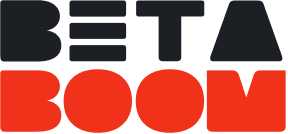
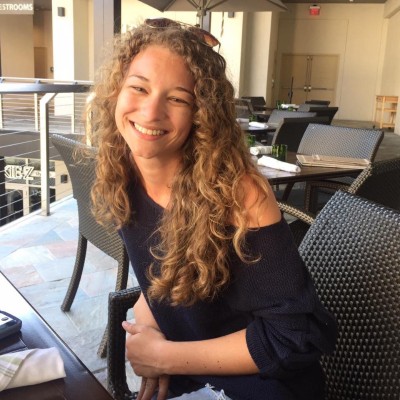
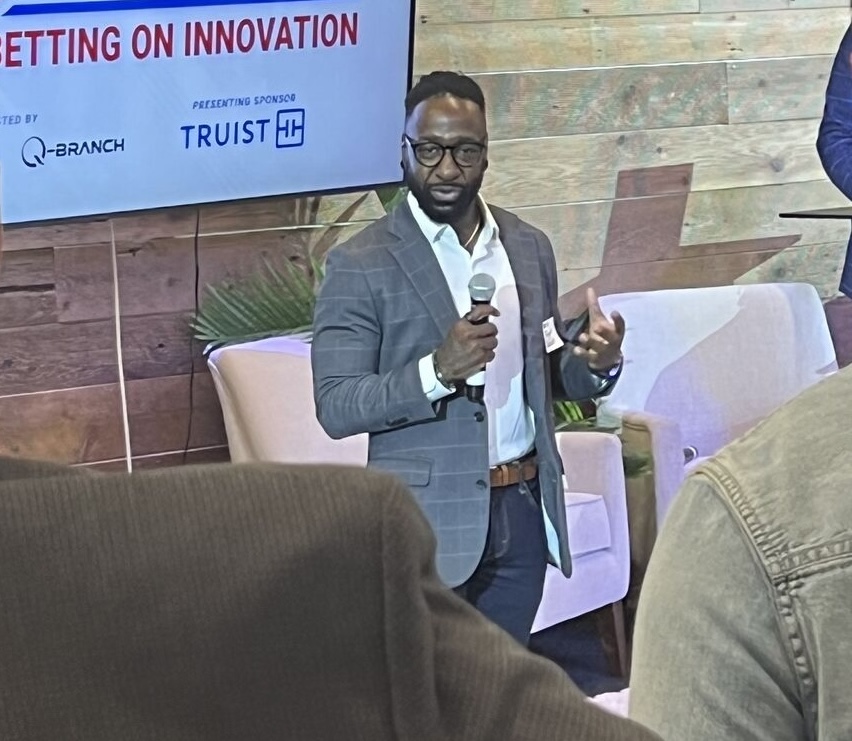
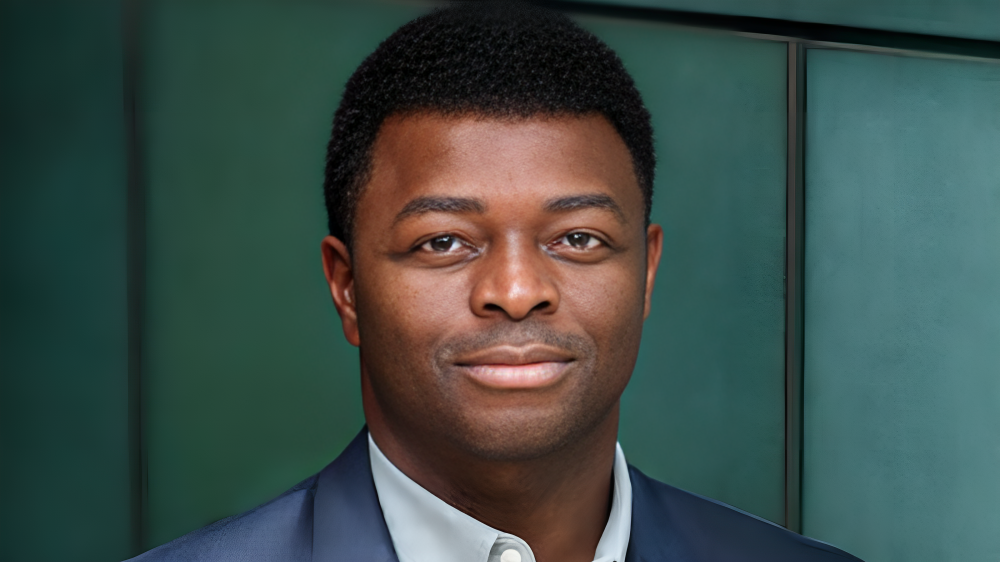
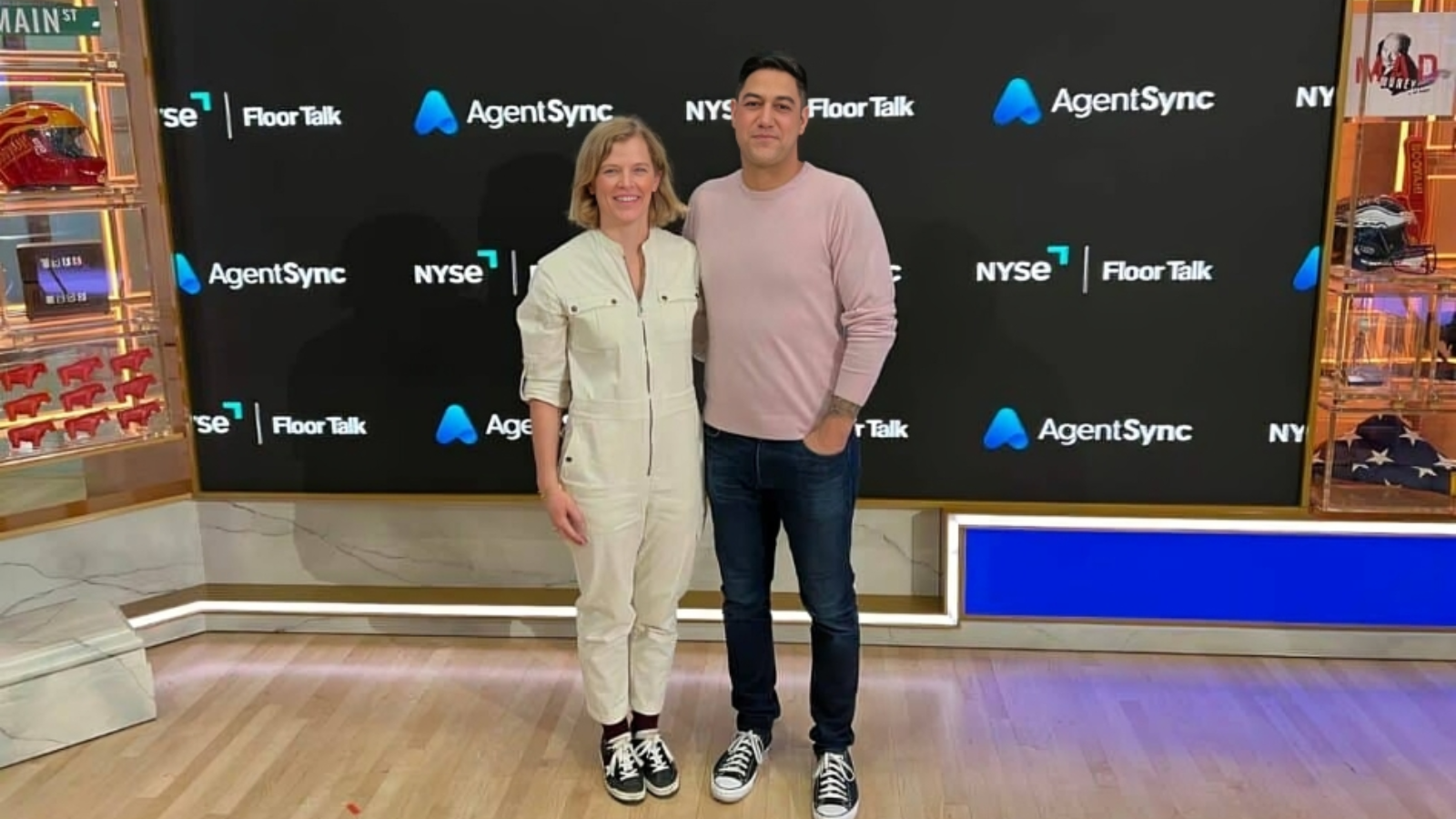
.png)